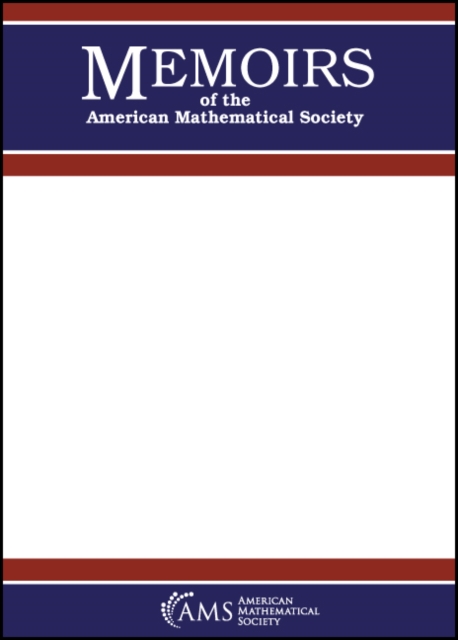
Ergodic Theory of Equivariant Diffeomorphisms : Markov Partitions and Stable Ergodicity PDF
by Michael Field
Description
We obtain stability and structural results for equivariant diffeomorphisms which are hyperbolic transverse to a compact (connected or finite) Lie group action and construct '$\Gamma$-regular' Markov partitions which give symbolic dynamics on the orbit space.
We apply these results to the situation where $\Gamma$ is a compact connected Lie group acting smoothly on $M$ and $F$ is a smooth (at least $C^2$) $\Gamma$-equivariant diffeomorphism of $M$ such that the restriction of $F$ to the $\Gamma$- and $F$-invariant set $\Lambda\subset M$ is partially hyperbolic with center foliation given by $\Gamma$-orbits.
On the assumption that the $\Gamma$-orbits all have dimension equal to that of $\Gamma$, we show that there is a naturally defined $F$- and $\Gamma$-invariant measure $\nu$ of maximal entropy on $\Lambda$ (it is not assumed that the action of $\Gamma$ is free).
In this setting we prove a version of the Livsic regularity theorem and extend results of Brin on the structure of the ergodic components of compact group extensions of Anosov diffeomorphisms.
We show as our main result that generically $(F,\Lambda,\nu)$ is stably ergodic (openness in the $C^2$-topology).
In the case when $\Lambda$ is an attractor, we show that $\Lambda$ is generically a stably SRB attractor within the class of $\Gamma$-equivariant diffeomorphisms of $M$.
Information
-
Download - Immediately Available
- Format:PDF
- Pages:100 pages
- Publisher:American Mathematical Society
- Publication Date:01/01/1900
- Category:
- ISBN:9781470404017
Information
-
Download - Immediately Available
- Format:PDF
- Pages:100 pages
- Publisher:American Mathematical Society
- Publication Date:01/01/1900
- Category:
- ISBN:9781470404017






